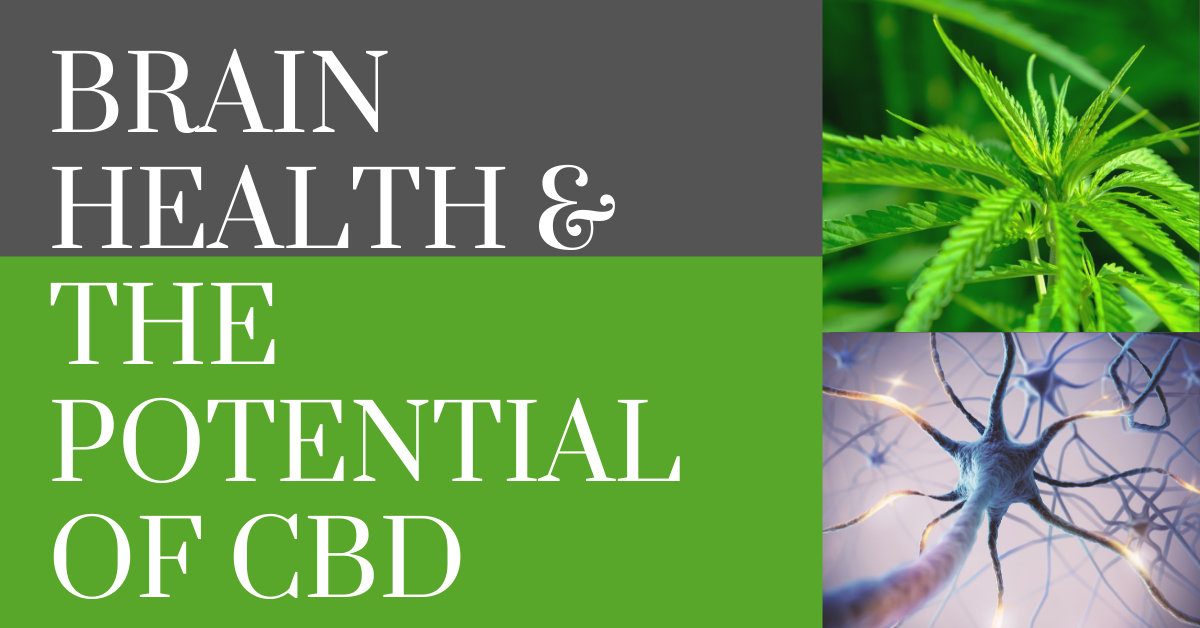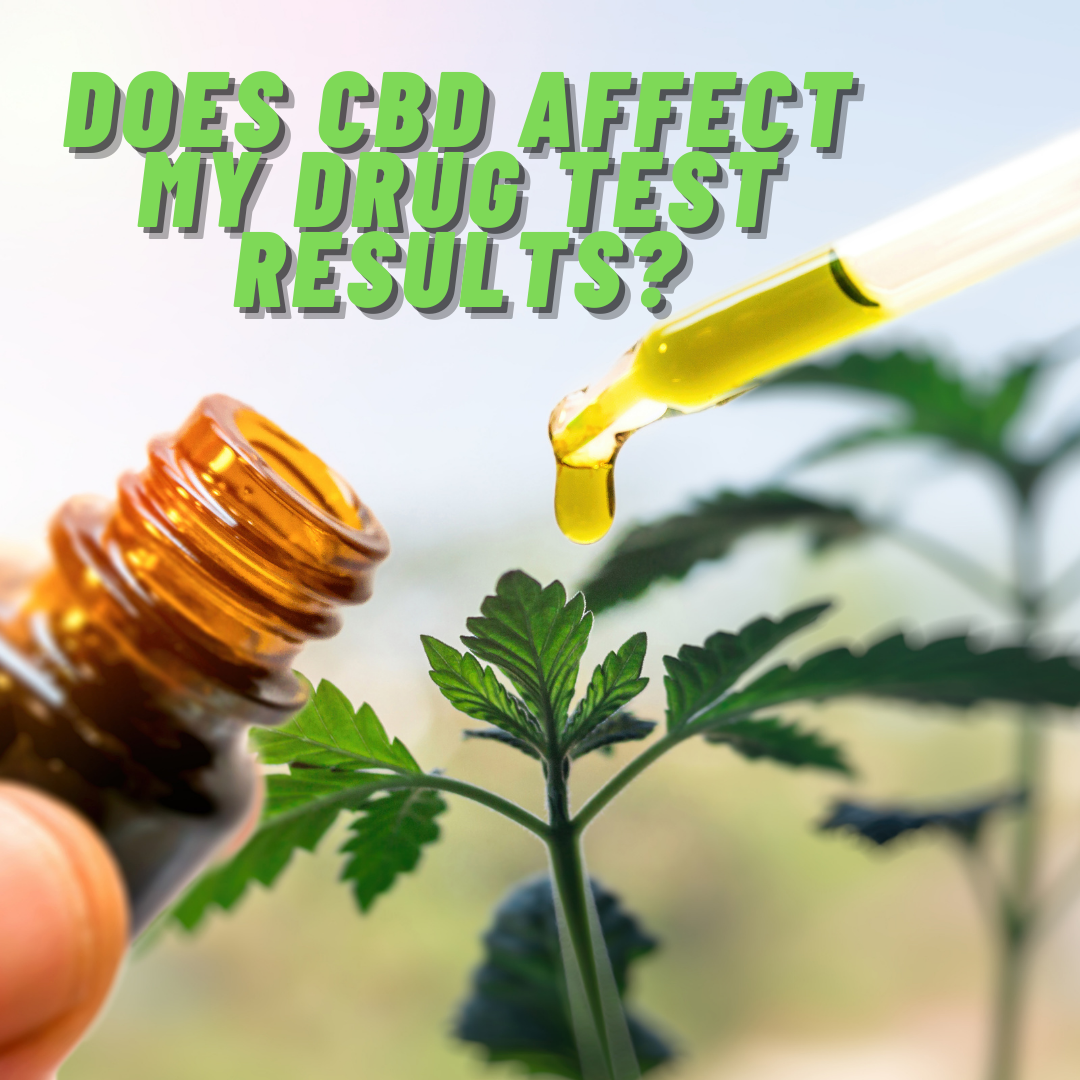
CBD & Brain Health
You may be thinking – “wait…CBD may help my brain health?” Yep, you heard that right! In our past blog posts, we explored the many proven and potential benefits of CBD, especially in the areas of: anxiety, sleep, and promoting overall health. Today, we are here to introduce a new and promising use for CBD: helping to restore brain health and focus. CBD shows great potential in treating two neurological disorders in particular: Alzheimer’s and Parkinson’s.
CBD & Alzheimer’s
Alzheimer’s disease (AD) is a progressive disorder where dementia symptoms worsen over the years. It begins with mild memory loss but can rapidly increase into individuals not being able to respond to their environment or other outside factors. Unfortunately, there is no cure to this day, and there is a great need for more effective AD therapies.
CBD has shown neuroprotective and anti-inflammatory properties (in vitro – meaning in a test tube or culture dish) – which makes it a great substance to study as a potential treatment for AD. Studies suggest that CBD can reduce reactive gliosis (a response in neurodegenerative and neuroinflammatory diseases). In addition, CBD has shown to promote neurogenesis (the formation of new brain cells, or neurons). In rodents, CBD even reversed the development of cognitive deficits!
A wonderful story is illustrated in the case of an 81-year-old man who suffered from dementia and had difficulty keeping his eyes open and maintaining eye contact. He also suffered from an inability to speak and communicate. He was treated with CBD oil, beginning with 3 daily drops for a week and then increased to 4 daily drops. After a few days, he was able to say a few words and his responsiveness improved. After a month, he continued to say a few words, he regained his ability to maintain eye contact for more than a few seconds, and his stiffened muscles began to relax.
Of course, this is one case and there is no conclusive evidence yet of CBD being an official AD treatment, but it opens possibilities where modern medicine believed to have fallen short.
CBD & Parkinson’s
Parkinson’s Disease (PD) is another neurological disorder, which is characterized by shaking, stiffness, difficulty with walking and coordination. Like AD, it is a progressive disease, which means it worsens over time. Other mental and behavioral symptoms are often reported, such as sleeping issues, depression, memory difficulties, and fatigue. It affects 50% more men than women, but both are susceptible to it.
CBD has been recognized as a potential treatment to Parkinson’s similarly to Alzheimer’s because of CBD’s neuroprotective and antioxidant properties. According to the American Parkinson’s Disease Association, “Inflammation in the nervous system has been linked to neurodegeneration,” which makes CBD’s neuroprotective characteristics an exciting -but again, not conclusive- opportunity for patients with PD.
There are a few studies that have been conducted regarding CBD and PD, with the following results:
- In a trial study, the symptoms of 4 PD patients with REM sleep disorders reduced.
- Another trial conducted on 21 patients with PD, indicated that although the patients’ motor scores did not improve, their quality of life did.
Epidiolex® is the only CBD formulation approved by the FDA for childhood epilepsy, and recently it was trialed in 10 people with PD. Results showed improvement in motor scores, sleep, and emotional dysregulation. Many patients with PD are already using CBD because they claim it helps with their symptoms and quality of life, but until we have more evidence, we won’t exactly know how CBD helps specific symptoms.
Conclusion
To summarize, CBD shows great potential as a neuroprotective agent as it has antioxidant and anti-inflammatory properties. It has shown to help patients of Alzheimer’s and Parkinson’s, although there is no conclusive evidence yet. In addition, CBD may help overall brain function by promoting the formation of new brain cells. Students claim that CBD helps them focus while studying, and it is also being researched as a potential therapy for depression. While we do not know exactly how CBD interacts with our brain function, the results so far are promising and worthy of more research.
Remember to ONLY buy CBD products from reputable sources that can prove their growing and manufacturing practices with certifications. At Appalachian Growers, we have USDA Organic, Good Agricultural Practices, Good Manufacturing Practices, and Cruelty-Free Certifications, so you can rest assured that we only cultivate and produce the very best for you. You can check out our products here.
Written By: Pamela Jertberg




Leave a comment
This site is protected by hCaptcha and the hCaptcha Privacy Policy and Terms of Service apply.